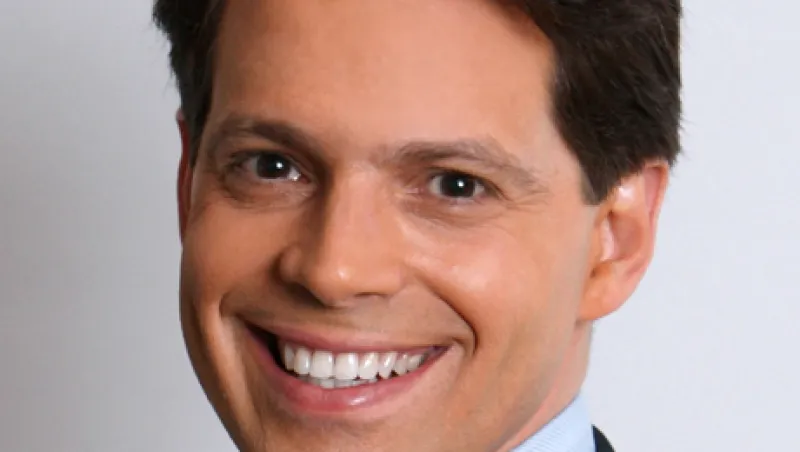Anthony Scaramucci left his secure position as managing director of Lehman Brothers’ Investment Management Division in 2005 to found SkyBridge Capital. At that time his friends and family couldn’t understand why he would leave a global investment giant to found a small-size hedge fund that began with only $330 million in assets under management (AUM). Today New York–based SkyBridge Capital runs a thriving fund-of-funds and fund-seeding business with $6.5 billion in AUM, while Lehman Brothers has been swept into the annals of history.
Scaramucci, 49, is also a prolific writer and visited Asia recently to promote his second book, The Little Book of Hedge Funds, a primer on how hedge funds work. He spoke to Institutional Investor’s Asia Bureau Chief Allen T. Cheng about the book and about SkyBridge’s expansion plans into the Asian region.
Most hedge fund managers don’t want to share their secrets: Why did you write this book, and what do you hope to achieve?
I am a big proponent of trying to open up the industry and trying to promote transparency in the industry.
SkyBridge offers both traditional fund of hedge funds and a seeding fund. Does SkyBridge have ambitions in Asia?
We plan to open an office in Asia. I am targeting the first quarter of 2013. The first office will be in Singapore, only because we will be building a conference business there, but over time we will open an office in Hong Kong, too.
Do have have money allocated to Asia?
We do have a couple of managers in Hong Kong and Tokyo. We will add managers to that mix. I would like to have a physical presence because having a physical presence sort of changes the level of thinking about the region. So far, we have $150 million allocated in Asia among three or four managers. We are interested in Asia primarily for our fund-of-funds business, not for seeding.
How do you compete with large funds-of-funds from firms like Blackstone that have long had a local presence in Asia?
There are longtime players, and there are insurgents. If you look at Apple — they once had 3 percent marketshare and now they’ve come back with a dominant marketshare. My sense is Blackstone and those guys are preeminent global players and will remain preeminent players. We are guys who punch over our weight. If we didn’t believe that, we wouldn’t be where we are.
We began with $330 million in 2005 and now in 2012 have $6.5 billion. My daughter who was age nine when I began in 2005 — who is now 16 — said to me back then, "Why leave Lehman, which is so big, and start SkyBridge, which no one has heard of? Isn’t that stupid." I said, "That is true, but daddy is stupid." If you say back then that seven years later I would still be in business and they wouldn’t be no one would have believed you, but here we are today. Things change quickly these days.
What do you think about Asia’s hedge fund industry and its potential for growth?
The industry is struggling. There are a lot of opportunities, though. People have partly struggled on the short side, but the forward momentum is constructive, especially with the Chinese government now saying they will embrace the industry. Five years from now there will be many more hedge funds here. I am talking to managers in Shanghai, and I believe some of them may become multibillion dollar managers in few years time. China’s embracing of hedge funds is a significant move. It is a recognition that to have a deep and wide industry that is competitive with New York and London, they need to embrace the most sophisticated investors. China is making a smart and bold decision by allowing foreign hedge funds in. It will help deepen and mature the capital markets in China and in Asia. It is a sign of confidence.






